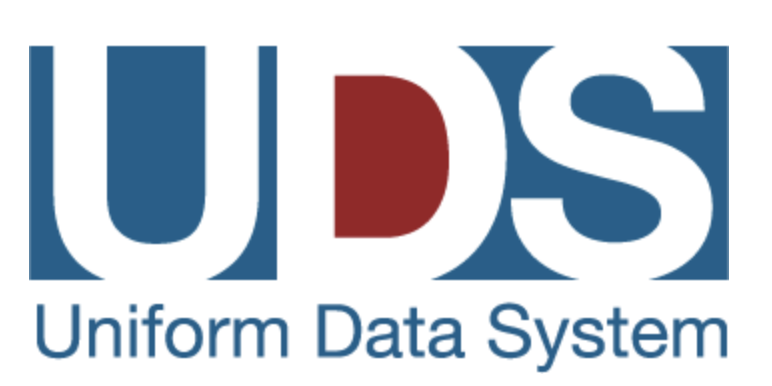As drug manufacturers request more oversight and scrutiny surrounding the 340B program intensifies, compliance with regulations must be your top priority when participating in the 340B program. Recently, 340B eligible covered entities utilizing contract pharmacies have become a primary target for drug manufacturers and Pharmacy Benefit Managers (PBMs) seeking to stifle the overall program under the guise of preventing duplicate discounts. As such, now is a good time to evaluate the health of your contract pharmacy program.
340B FQHC Extended Registration
The 340B Program will be accepting Health Center Program grantee registrations beyond the standard two-week registration period (April 1-15). Health centers will be able to register a site that has been verified as implemented and the site status is reflected as “active” in EHBs Form 5B through June 9, after which the system will close to prepare for the July 1 start. A similar quarterly registration timeframe will be employed each quarter.
340B Mega Guidance Withdrawn and Sent Back to HHS
In a move that should surprise no one, the Office of Information and Regulatory Affairs (OIRA) announced that the 340B Program Omnibus Guidelines, aka the 340B Mega Guidance, was withdrawn on January 30th. The proposed rule, which was released in draft form in August 2015, was widely expected to be finalized last December. As a unit of OMB, OIRA speaks directly for President Trump's executive branch.
340B Registration Changes in 2017 (from BPHC)
340B: Program Critical to FQHCs Under Fire
The 340B Program has become an important source of revenue for many Federally Qualified Health Centers. Many fear that without 340B, their programs will not survive. With a draft Mega Guidance under consideration by HRSA and new CMS rules governing Medicaid reimbursement, 340B is going to change. The extent to which this will affect FQHCs is currently a matter of speculation. Meanwhile, in order to understand where this crucial program is likely headed, it is important to know where we are now, and how we got here.
Besides not dying young, one of the advantages of being around for a long time is that you gain perspective.
340B Drug Pricing Program Omnibus Guidance Comments
October 27, 2015 was the last day to submit comments related to the 340B Drug Pricing Program Omnibus Guidance. The proposed changes to the program have the potential to adversely affect health centers and the populations they serve (For a detailed analysis, read our article How the 340B "Mega Guidance" will affect your FQHC or Look-Alike.). Following are our comments:
How the 340B "Mega Guidance" will affect your FQHC or Look-Alike
The Draft 340B Drug Pricing Program “Mega Guidance” is an attempt by HRSA to provide clarification relating to 340B implementation. Our analysis addresses the issues which have the greatest potential to affect FQHC programs. This “Mega Guidance” strongly confirms a number of positive issues relating to the program; however the focus is largely on compliance and abuse prevention. While we support and applaud this effort, in some cases there will likely be potentially detrimental effects to our programs and the patients we serve.
340B Mega-Reg Update and the Impact on FQHCs
340B Audits and Compliance 101
Covered entities participating in the 340B Drug Pricing Program must ensure program integrity and maintain accurate records documenting compliance with all program requirements. They are subject to audit by the manufacturer or the federal government. Failure to comply may make the 340B covered entity liable to manufacturers for refunds of discounts or cause the covered entity to be removed from the 340B program.
340B DOES Benefit the Patient!
Congress created the 340B program in 1992 to help uninsured indigent patients gain better access to prescription medications and to allow health centers stretch scarce federal resources. The 340B program is vitally important for safety net providers and their most vulnerable patients. It lowers drug costs for providers, allowing them to pass along these savings to their patients and maintain and expand other health care services. Congress intended for covered entities to use the benefit of the discount to reach more eligible patients and provide more comprehensive services, and the 340B program has met these essential goals.
















